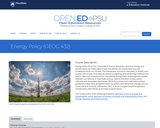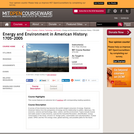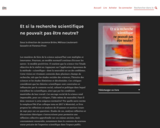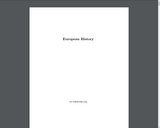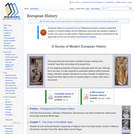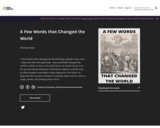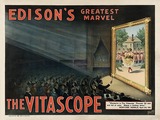Book 3 "It's A Miracle We Survived This Far"
Short Description:
First: Hold on to your sanity. I only ask you read, think, read, then think again. Connect the dots, if you will. Murdered for beliefs? Absolutely—and ongoing. Read on if you have the stomach for torture described in this edition but it may be too much for some readers.We are not supposed to know the real history.
Long Description:
“I don’t know about you but I have plenty of paperback and hard covers,” says Trace Hentz, author of the book series “It’s A Miracle We Survived This Far.”
Her new book FINDING THE INVISIBLES is published in blog posts (and available as a pdf or epub.) https://www.findingtheinvisibles.com
“I am a researcher and historian, not an academic. I read more than I will ever write. I found something so remarkable and terrifying, it all came together in this new book.
“It was not what I had planned for my life but now I see it was a bigger plan to make this book and research part of my book series. I am as shocked as anyone. No, it’s not going to be on Amazon, who rejected (and blocked) an early draft. No, it’s not the normal way to publish a book but I am not normal,” Hentz said.
Hentz is the founder and publisher of BLUE HAND BOOKS (2011-2022) which publishes Native American writers and storytellers. Their website: www.bluehandbooks.org
“With the chaos of too many books and the expense of buying books, I reject and defy what is expected for any new book,” Hentz said. “If it’s good, it will travel. People who are meant to read it will.”
Hentz is the author or “Mental Midgets/Musqonichte” (2019) and “What Just Happened” (2021) in the It’s A Miracle… book series, for sale as paperbacks and ebooks with online booksellers. Her first book series “Lost Children of the Indian Adoption Projects” is also available online and at bookstores.
“What I found is so shocking, it needs to be formatted for easy reading, so the reader can digest and think, over a period of time.” “Yes, this is a departure from traditional publishing formats, and I think many others will do this, eventually. A website can be accessed easily by phone or computer. Each chapter can be read at your leisure, which is the whole point,” Hentz said.
For More Information: bluehandbooks@outlook.com
Word Count: 50300
(Note: This resource's metadata has been created automatically by reformatting and/or combining the information that the author initially provided as part of a bulk import process.)
